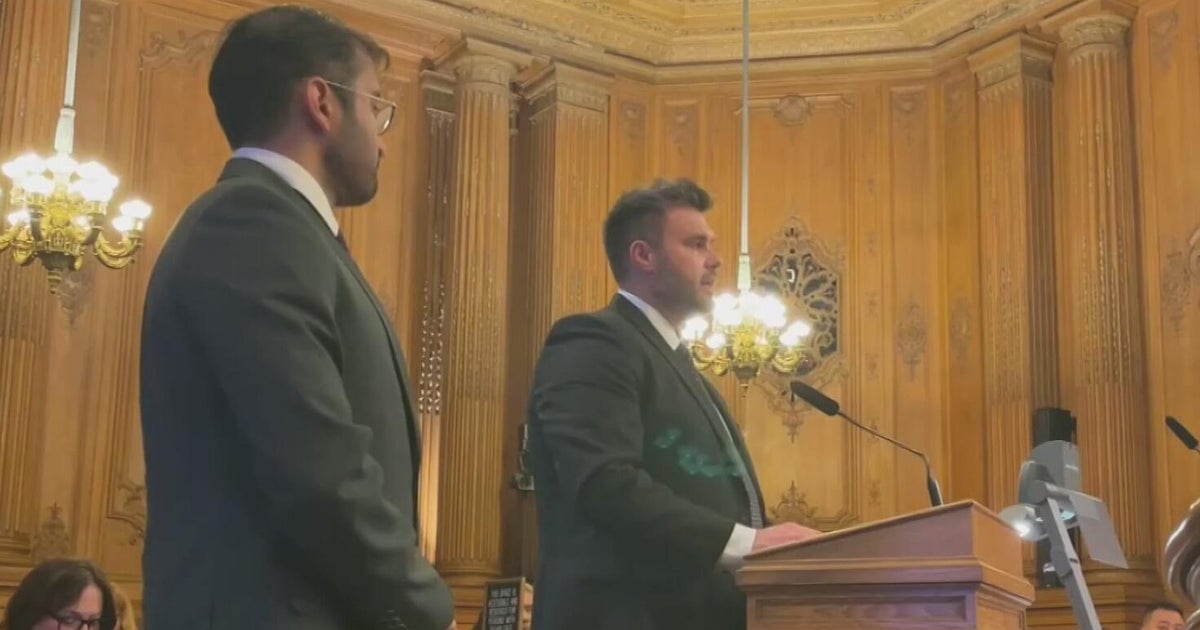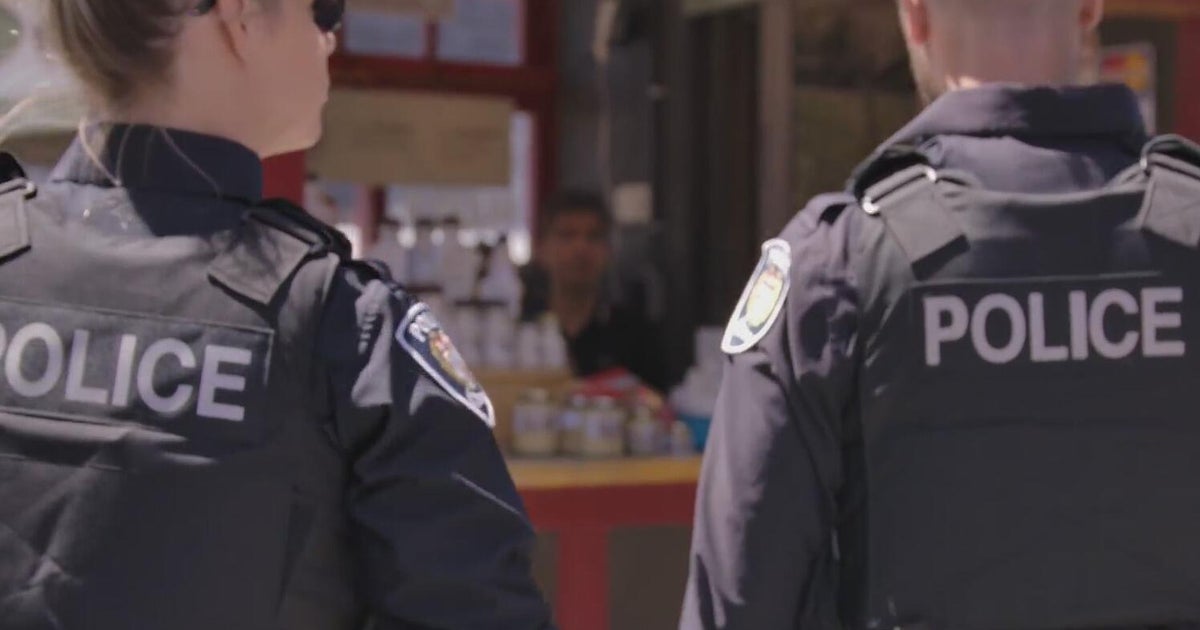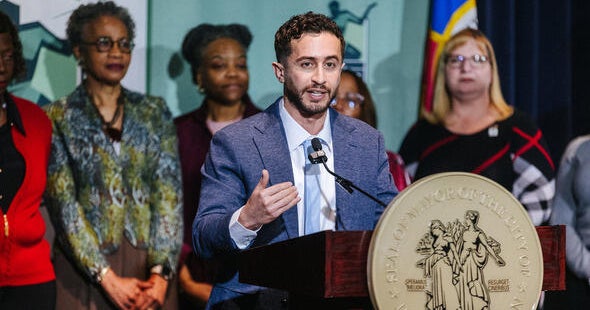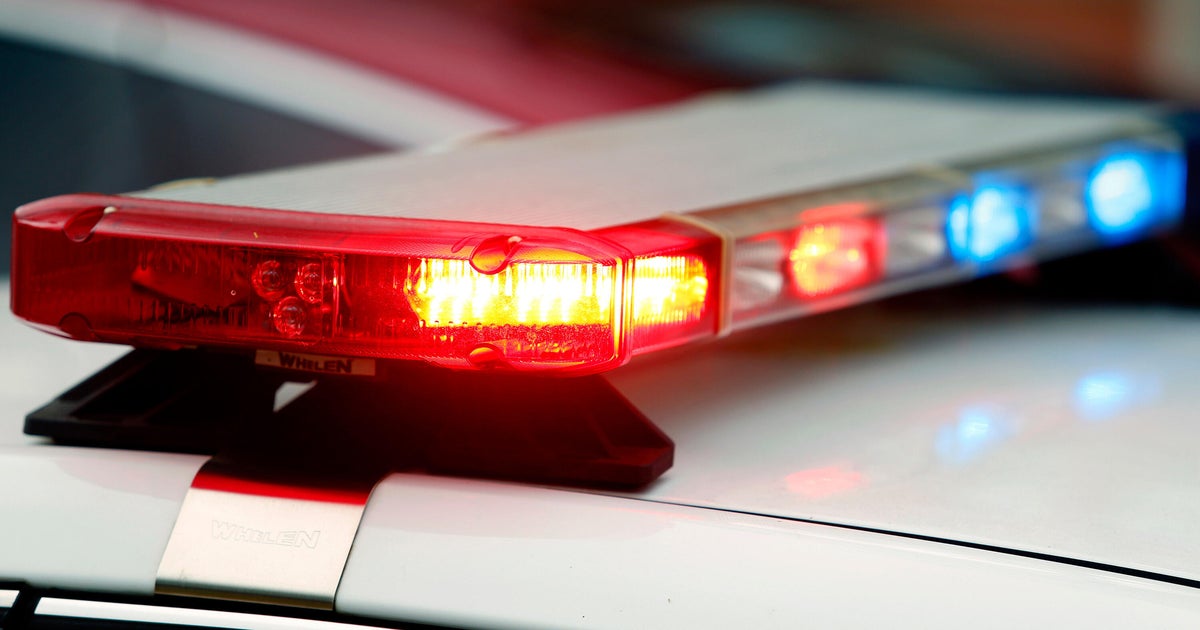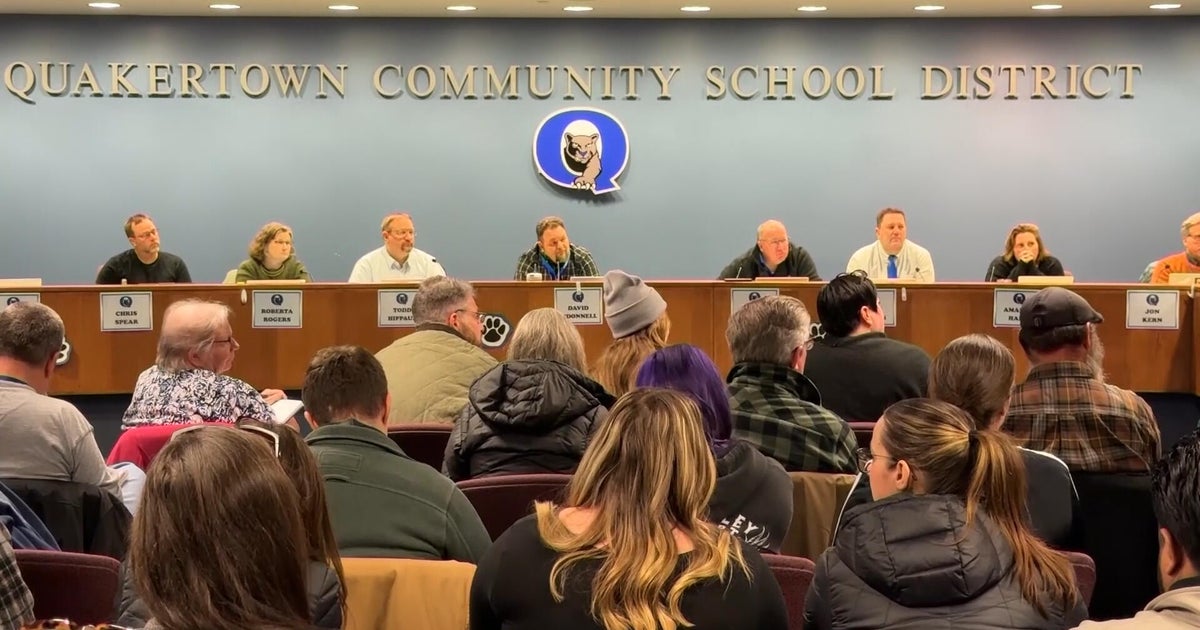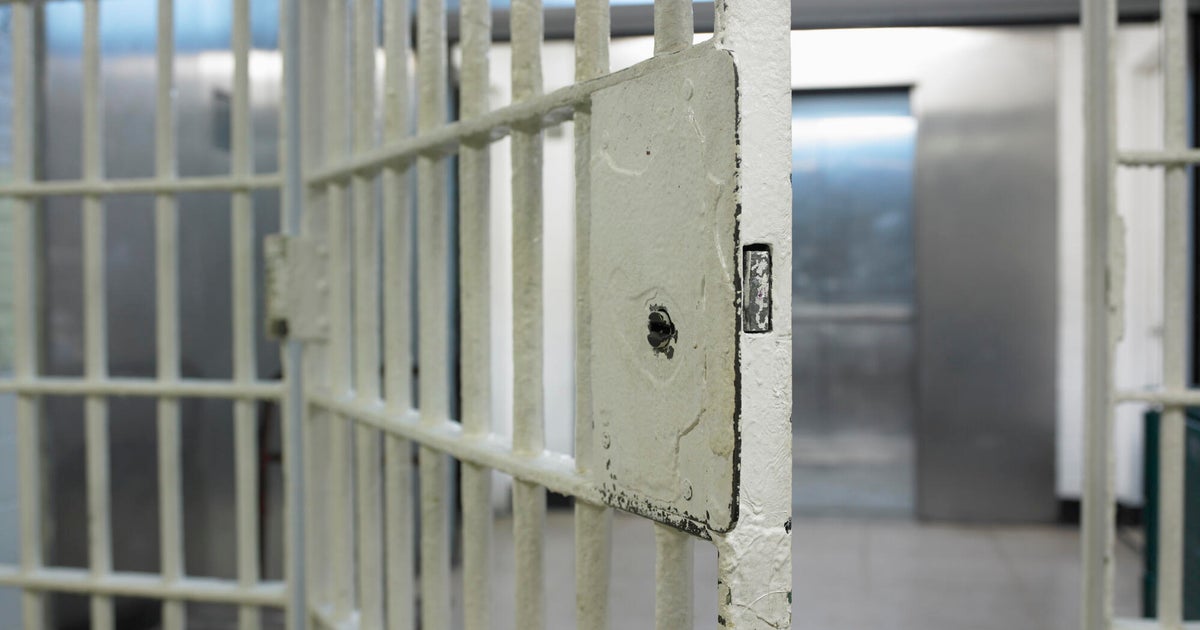San Francisco police chief hails vote approving 'killer robots'
SAN FRANCISCO -- San Francisco's police chief is lauding the decision this week by the city's Board of Supervisors to approve the police use of lethal force by remote-controlled robots.
In an 8-to-3 vote Tuesday, supervisors approved the "Law Enforcement Equipment Policy" which allows the SFPD to use the robots, which could deploy deadly force in extreme circumstances to save or prevent further loss of life.
Police Chief Bill Scott said in a prepared statement Thursday that the use of robots in potentially deadly force situations is a last resort option.
"The passage of this policy is a testament to the confidence Mayor Breed, the Board of Supervisors, and the people of San Francisco have in our department and our officers, and I am humbled by their overwhelming support," said Scott. "We live in a time when unthinkable mass violence is becoming more commonplace. We need the option to be able to save lives in the event we have that type of tragedy in our city."
The policy states that deadly force by the robot is authorized "when risk of loss of life to members of the public or officers is imminent and officers cannot subdue the threat after using alternative force options or de-escalation tactics options or conclude that they will not be able to subdue the threat after evaluating alternative force options and de-escalation tactics."
The policy also states "only the Chief, Assistant Chief of Operations, or Deputy Chief of Special Operations may authorize the use of robots as a deadly force option."
Opponents of the policy say it could lead to more police violence. Supervisors Shamann Walton, Hillary Ronen, and Dean Preston voted against the authorization.
"SF is not a warzone and these kinds of devices are not needed to protect this city," Preston said, noting on Twitter that "San Franciscans voted 62-38 [percent] not to entrust police with tasers. Pretty sure most San Franciscans wouldn't want police to have killer robots."
Supervisor Matt Dorsey, a former head of communications for the SFPD, said police departments have the ability to use robotic implements to deploy deadly force and the use is governed by existing guardrails and the Fourth Amendment.
"I am not prepared to be the first of 509 police departments in California to restrict this technology," said Dorsey.
In 2016, Dallas police ended a standoff with a gunman who had killed five officers by detonating a bomb attached to a remote-controlled robot in what's believed to be the first use of remotely-delivered deadly force by law enforcement in the U.S. The vote by San Francisco supervisors this week is also believed to be the first time a U.S. city has specifically authorized the practice.
San Francisco police already use the robots in question, which were acquired by the department between 2010 and 2017, and they could now be outfitted with explosive charges that could injure or kill. They would not be outfitted with firearms.
"They have been and continue to be controlled and operated by specially trained San Francisco Police officers," the department said.
Tuesday's vote was mandated under a California Assembly Bill that was passed in May which requires police departments across the state to approve the use of such equipment by their governing bodies. In San Francisco, the governing body is the Board of Supervisors.
Before it becomes law, the policy will have to be approved again by the board on a second reading scheduled for December 6 and signed by Mayor London Breed, who has already signaled her support for the policy.


